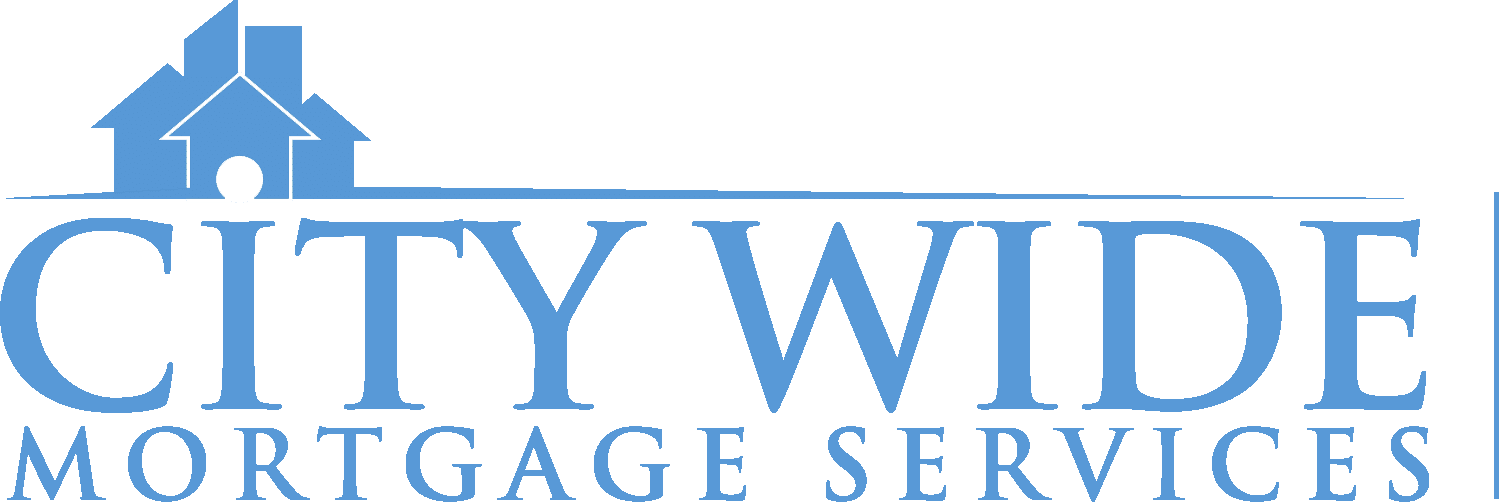Mortgage Basics 101: What is your mortgage term?
Hi Ryan Zupan here with City Wide Financial. Today I’m going to talk about your mortgage term. There are 2 time frames you need to think about when you get your mortgage. The first is your amortization – the life of your mortgage – the second is your mortgage term – the length of your mortgage contract. This is the period of time where you & your lender agree to a specific interest rate, payment & options (in the case of a variable rate, your payment & rate would fluctuate throughout the year).
Your mortgage options are things like your prepayment privileges. How much money can you put towards your mortgage each year? How much can you increase your payment? What happens if you miss a payment? Your ability to move the mortgage to another home if you sell your property? There’s a lot of things to consider.
It’s important that you choose the right term, because if you break your term, if you break your mortgage early, you have to pay a penalty. In a lot of cases that penalty is quite expensive. It’s very important that you think about your goals with that property.
If, for example, your investment portfolio does well, or you get transferred, or house prices increase such that you want to sell. It’s important that you have chosen the right term so that you cost is minimized.
A big mistake I see with buyers, is when they are shopping for their mortgage, they are just looking at interest rate. Rate is just one piece of the pie. If you’re going to sign a 5 year term, for example, you should be looking at what are your total interest costs over that 5 year period? What will your outstanding balance be at the end of term?
Sometimes it’s better going with a slightly higher interest rate IF you have better mortgage options because that mortgage is going to cost you less over the 5 year period.
There are two types of terms: short term (6 months – 3 years) & long terms (3 years & above). Unless you’re planning on selling your home in under 5 years, most people go with a 5 year term. That’s the sweet spot, right now anyways, between getting a low rate & locking it in for a relatively long period of time.
Some people, who are OK with more risk, will just go after short terms. With a shorter terms, your rate is less, so they prefer renegotiating their mortgage every 2-3 years & chasing that lower rate. It really depends on your risk tolerance, your plans with the property, etc.
If you’d like to help choosing the right term or you would like to know your interest costs over the term of your current mortgage, contact me, I’m Ryan at City Wide Financial.
